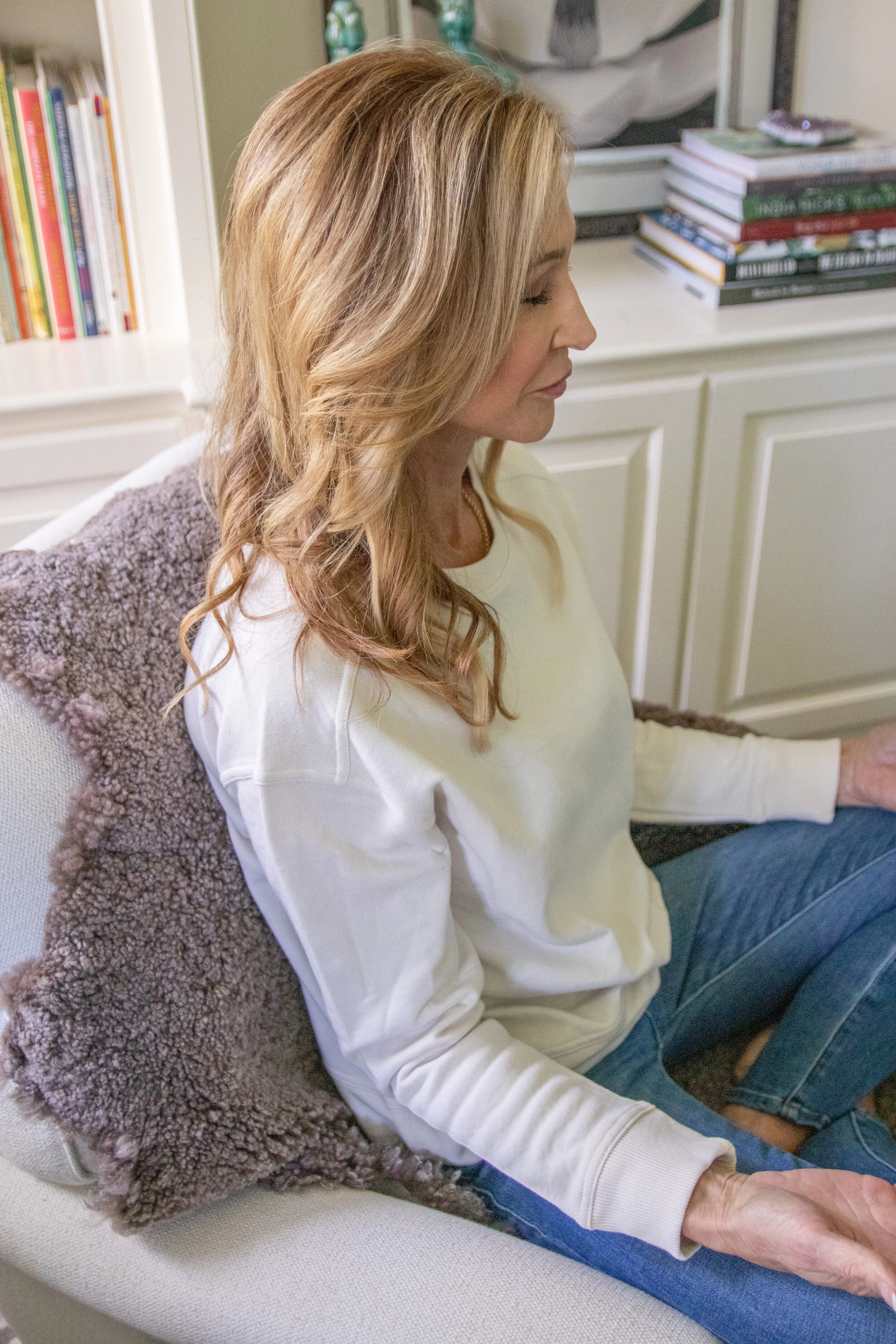The Wellness Practice to Reduce Stress
Our bodies are amazing at healing and renewing all on their own – but sometimes, they need a little extra support.
I recently read a very interesting article in Shape magazine and wanted to share some of it with you. We are living in uncertain times and some handle the stress of that better than others. I have long been a believer that meditation is very important to relieving stress and helping us feel more in control. This article was so interesting to me because the practice I’m about to tell you about seems like a form of meditation… similar to listening to Headspace. Anything we can do to improve our health and quality of life is worth it so keep reading to find out about this wellness practice.
Did you know that you can train your body to reduce stress? Stress affects us physiologically and understanding that is the first step to managing it. When you feel stress, your heart rate jumps, and that sends a signal to your brain to shift into a fight or flight mode. Your muscles tighten, and your decision-making is impaired. Heart rate variability is the time between one heartbeat and another and a strong, steady heart rate variability with more time between each heartbeat improves your ability to manage stress.
The way you breath affects your heart rate variability. When you inhale, your heart rate goes up, and when you exhale, it goes down. Researchers at Rutgers have found that a systematic process of breathing for twenty minutes twice a day at a pace of about 6 breaths per minute, can moderate stress, lower your heart rate and blood pressure, and strengthen your heart rate variabiity. That means the next time something stressful happens, you can let go of it and move forward much faster, because you’ve trained your body to respond in this new way. Science shows that this method improves your mood, enhances focus, helps you sleep better, boosts energy, and makes you more resilient overall.
How Does This Practice Work?
What works for most people is to inhale for four seconds and exhale for six seconds with no pause in between. Start by breathing at this rate for two minutes (set a timer). Begin by inhaling through your nose and exhaling through pursed lips as if you’re blowing on hot food. As you mentally count for four seconds in, six seconds out, focus on the sensation of air flowing in through your nose and out through your mouth. When you’re finished, notice how you feel. Most people say they feel anxious and more alert. Work your way up to doing this breathing for 20 minutes twice a day, and your baseline heartbeat will be lower, which means your heart won’t have to work as hard, making it, and you, healthier overall.
Is Exercise Also Important?
Yes… exercise strengthens your heart rate variability, and the breathing process helps when you are exercising. Since your heart isn’t working as hard (because you’ve been doing the breathing exercise), you’ll be able to engage in the same level of physical activity with less effort.
“The researchers at Rutgers have theorized that for those who practice the 20 minute, twice-a-day breathing technique, there is a second wind effect with exercise, and more oxygen is being delivered to those people’s muscles. That means they can go longer and stronger.”
Your Brain Benefits As Well
When you do each 20 minute session of breathing, you’re sending more oxygen and blood flow to your brain. You should notice greater clarity , more concentration and focus. You’ll be better able to make objective decisions without negative emotions getting in the way. It could even keep our brains sharp as we age, and that is the next area of heart rate variability research. As the daughter of two parents with Alzheimer’s, this is very interesting to me and definitely something that I’ll be integrating into my day!
Maybe You Think You Don’t Have 20 Minutes Twice a Day…
Research shows that the combined 40 minutes of breathing a day are the key to rewiring your body’s stress response and you won’t get the full range of benefits otherwise. Consider how good you’ll feel, when you can let go of stress faster and feel calmer, more confident and in control, especially in these uncertain times. I think the payoff is worth the time.

